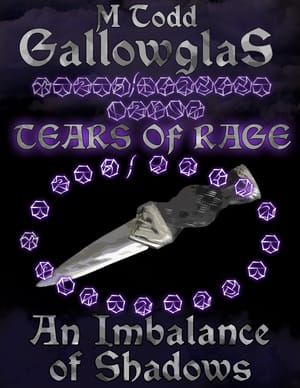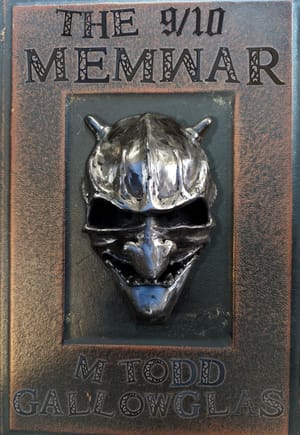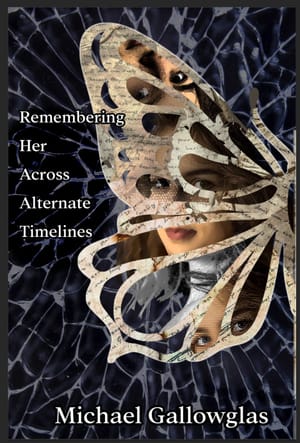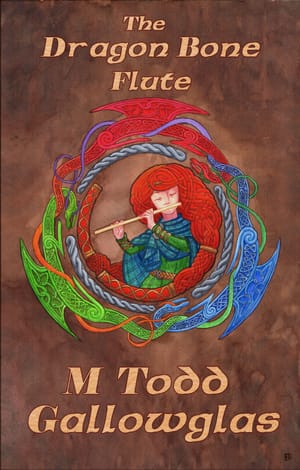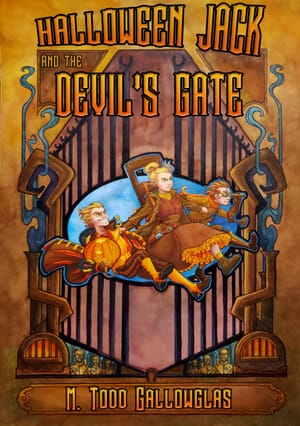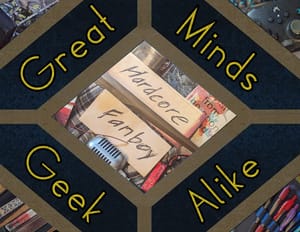On Storytelling in the Modern World.
Less than five minutes ago, I was working on finishing up this blog post when I miss-clicked, selected all, typed the word "when," and erased the entire thing. The page autosaved, and then wouldn't let me undo.
Crap.
And, again, crap.
I'd started on my experience in storytelling at Renaissance Faires and evolved into a commentary on how we don't take the time to listen to the stories other people tell us. When my wall o' text disintegrated into a window of featureless white, I screamed. I tried to get it back, but in the process, I lost it for good. I went downstairs. Robin was there, with two. other people.
I explained what happened. I'd been working on this blog post since six am this morning and it was gone. I was nearly at the point of tears.
Robin made honest and sympathetic noises a supporting spouse does, and tried to cheer me up by saying that my second draft will be better. Their is no second draft when the first draft vanishes; it might be just as good, but it's not a second draft - it's the first draft of another piece that resembles the first, but that's about it. One of the other two people present stayed pretty much quiet, eating candy, I think; I was too wrapped up in my own pain to really notice. The final person there told me a story about some stick figure comic strip he or she had seen the other day about a guy who is messing up with his computer and a turtle. The turtle keeps on thinking, "I'm a turtle," until the very last panel, which said, "Turtles have it figured out."
I hope some of my readers are as confused and befuddled by this little nugget of WTF as I am. If anyone can possibly explain the correlation, please enlighten me, because I missed it. What this little moment did do, was solidify in my mind the point I was trying to emphasize in my first attempt at this post.
We, as a culture, do not take the time to listen to each other’s stories.
I happen to be a part of a fairly large social circle. The people I know from Renaissance Faires make up the majority of this body of people, but a few people from work and my gaming life have snuck in. I used to also have a bunch from dancing in here, but as dancing has receded from my life, so too have the people I socialize with from dancing. Within this circle is the smaller circle I consider my close and personal friends. These are the people I invite to my house, the people I share personal details of my life with. Within that circle, and smaller still is, the group of people who actively listen to each other’s stories. By that, I don’t mean remain in the same vicinity while their lungs push air past the vocal cords and sounds come at us. I mean, we listen, completely present with the person speaking to us, giving our attention to the how they are speaking just as much as the words they are speaking. Only by doing that, can we truly be sharing in the truth of their story.
Before I go on, we have to define what I mean by story. Our stories are those pieces of each other that we share with the outside world. The vast majority of our social communication is story-based. Talking about: what happened at school or work, that crappy service we got at Starbuck, the awesome date we had last Friday night, how much we miss a family member who recently passed away, etc. These are all stories, and in many ways, they are more important than the stories I tell on stage at faire. The problem is, due to being oversaturated with meaningless stories, our culture has begun to ignore the stories that mean the most.
Some people might be thinking to themselves, I’m not oversaturated with stories; I don’t even read as much as I’d like to. Well, I’m not talking about books, or the stories we tell each other. I’m talking about the media: hundreds of cable channels selling HIGH DRAMA, with CNN, MSNBC, and most especially, Fox news vying for our attention. And if you think Fox news isn’t trying to sell you high drama, even if you agree with their politics, then you may want to consider spending a couple of days detoxing in a sensory deprivation chamber.
Now, storytelling is humanities oldest art form. When the first grunts evolved a bit so that one grunt meant one thing that was different from another grunt, and the first of our ancestor used the first sharpened stick to kill the first wild animal, he (or maybe she) went back to the clan/tribe with his buddies and they grunted about how epic it was. Don’t believe me? Ask anyone about the first time they ever did (fill in subject of choice until you see a spark light up in their eyes) then ask them to tell you about it. You’ll see something come over them as they relate the tale to you. They will become a storyteller right before your eyes.
Problem: we don’t care about each other’s personal stories any more. The details of our lives, the stories that we live day by day have taken second string to the stories that bombard us every day, and with those big budgets, it’s hard for us mere mortals to keep up.
Case in point: Not too long ago, I was in pain, and trying to relate the experience of my pain to my wife. Part of the reason we share sad stories is because pain shared is pain diminished. I firmly believe this. It’s part of the reason we have such a fascination with tragic tales, we want to share that pain together so it’s not as bad for any one person. Anyway, I was in the middle of my personal story, when this other person present in my home decided to help by sharing this “real” story from this comic strip that was supposed to help, and maybe because it was a “real” story, it would be better at helping me get past my pain than just quietly sharing my pain with me. Again, I have no clue what that turtle crap was supposed to do for me. I think I responded with something like, “Don’t ever try and cheer me up again, because you fail at it.”
As a culture, we’re more interested in sharing the stories we have than listening to the stories of other. It shames me to admit it, but I’m as guilty of this as anyone else I know. I’d apologize for that, but coming at this point, such an apology would be meaningless and trite. My apology will come in the form of change, to be present to the people I love as they communicate with me, not too me, but with me. For without both people truly present in the moment, communication is something one person does too another. When both people are truly present in the moment, communication is something that happens with another.
Food for thought: Most of the time, when someone tells us something about themselves, or something that happened to them, our first reaction is to say something like, “Oh, that reminds me of this thing that happened to me,” or words to that effect. If you do that, then it means you weren’t truly present for that other person’s story, because you were waiting for them to take a breath so you could share your story. Think about that.
An experiment: The next time you suffer the urge to jump into a conversation with your own story that you’re just waiting on the slightest pause so you can get a word in edgewise, DON’T. Let the pause linger, and then, ask them to go into more details about their story. Can you? Can you let go of yourself enough to do that?
Our culture may have done its best to kill our collective appreciation for each other’s individual stories, but that doesn’t mean that we as individuals have to choose to live in that world. We can rise above it, and start caring again. Whose story would you rather pay more attention to: The faceless media giants, or your friends and family?


